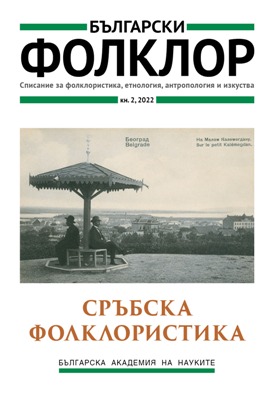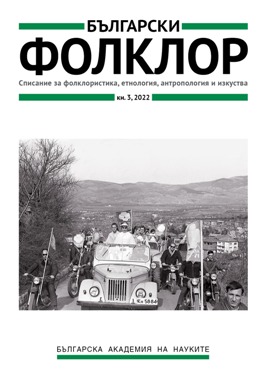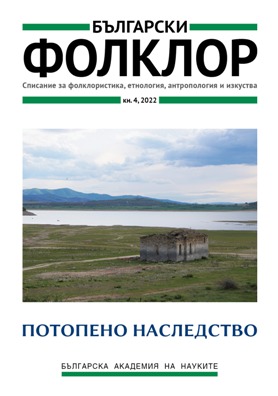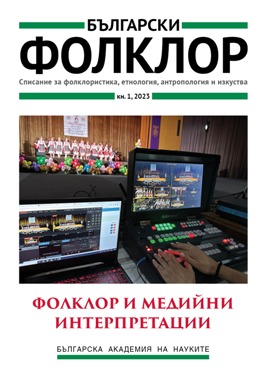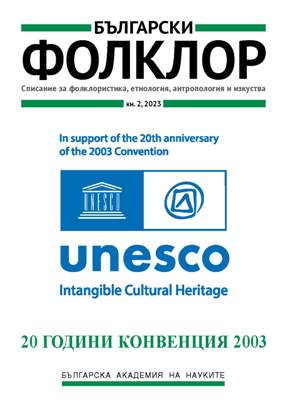
THE INFLUENCE OF THE DECOMMUNIZATION POLICY ON THE FORMATION OF UKRAINIAN NATIONAL IDENTITY
The article examined the impact of the decommunization policy in Ukraine on national identity formation. The objectives of the article were to determine the main reasons and consequences of decommunization in Ukraine. A historical approach to determine the causes of decommunization and justify its necessity is applied in the article. Sociological studies and expert opinions on decommunization are analyzed. Based on synthesis, analogy, and abstraction methods, the elaborated material is summarised, and the article’s conclusions are formulated. As a result, the conclusion has been drawn that decommunization could not contribute to the formation of national identity in Ukraine. The outcomes of decommunization had a positive effect only in combination with other efforts (educational process, dialogue with society, language policy). However, given Ukraine’s regional characteristics, it took time to unite the population around a shared historical memory, common symbols, and traditions. The policy of decommunization primarily contributed to the strengthening of regional identity. Moreover, improving the material well-being of Ukrainians and creating favorable conditions for living and working in Ukraine will unite the residents of all regions of Ukraine. These actions will significantly enhance the effect of decommunization in forming national identity.
More...

